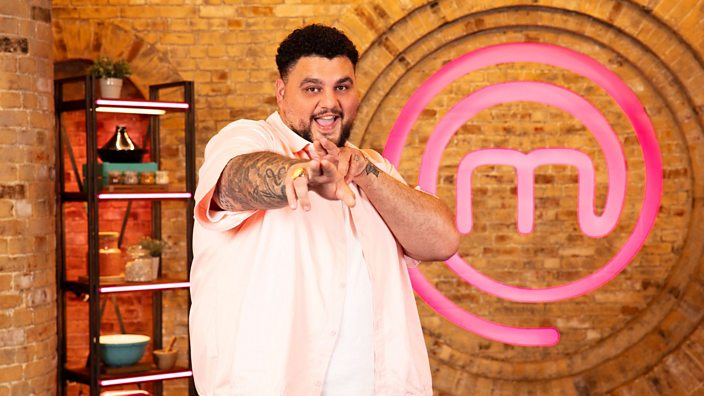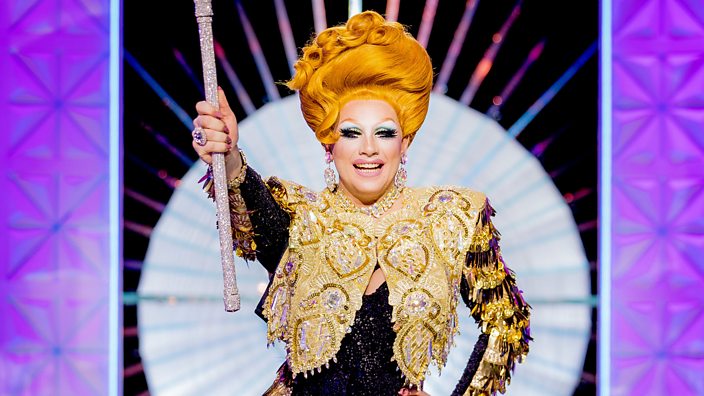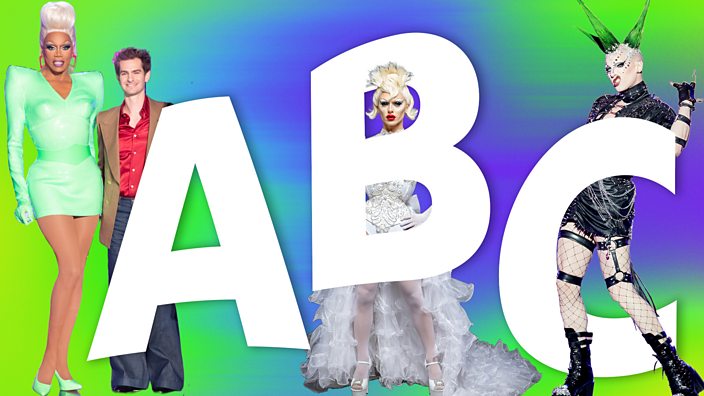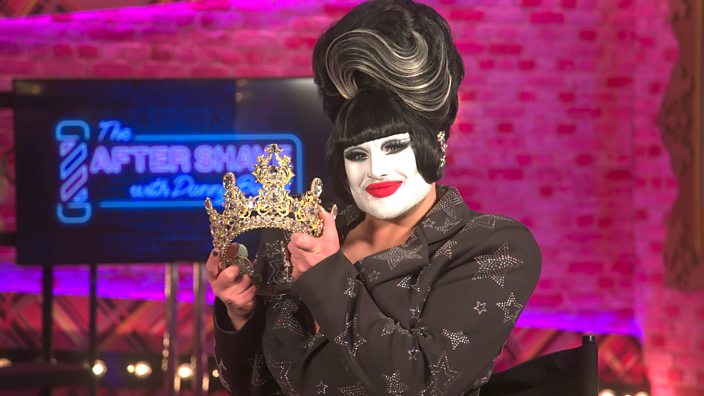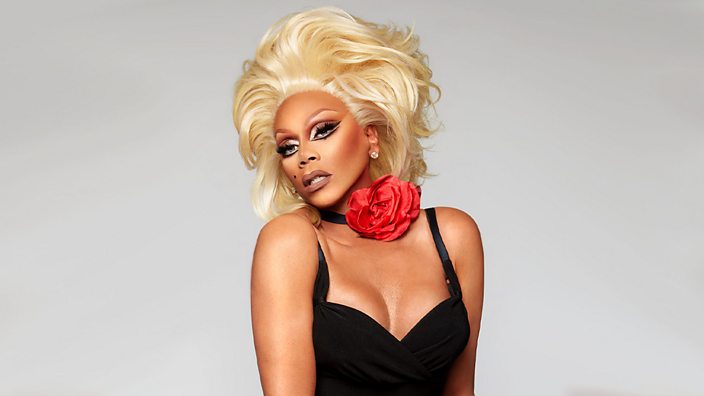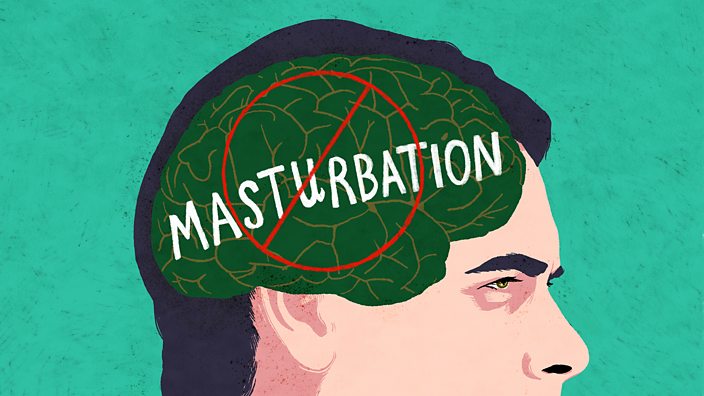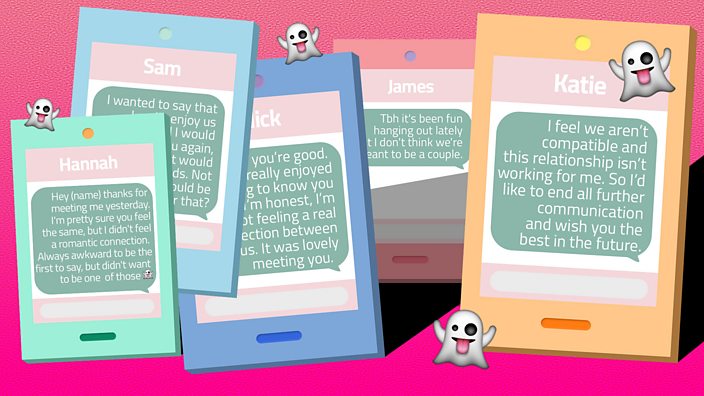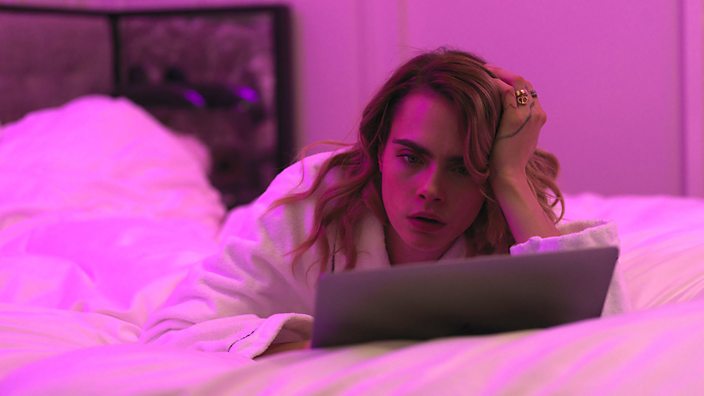
Cara Delevingne: ‘Being queer felt fluid and free’
Cara Delevingne discusses growing up queer in the 1990s, visiting her first Pride in her late 20s and discovering her true gender identity through making BBC Three documentary Planet Sex.
“Even though I’ve been queer, I haven’t really been able to live a queer life,” model and actress Cara Delevingne says in her new documentary Planet Sex.
“When you are in this job, it stunts a lot of things. I was never really in the community. I never went to Pride, never went to those parties.”
So when day one of the documentary shoot was at the Dinah Shore Weekend, a music festival describing itself as “the largest lesbian/queer women event in the world," Cara was truly thrown into the deep end.
“It was terrifying,” she tells BBC Three, “I thought it would take me two weeks to warm up and cry because I find it hard to express my true emotion in real life. But on the first day, I cried!”
In the series’ second episode, Cara describes feeling “so much love” at the event. She contrasts this with often feeling “more hate than love” as a LGBTQ+ person in the public eye.
Growing up in the spotlight meant her relationships became the subject of media speculation, even as the model and actress was still figuring out her own sexuality.
“At that time, I was still having trouble swallowing that pill myself,” she tells BBC Three. “It wasn’t even the fact it was going to be on the front page of a newspaper, it was ‘what if my family sees?’”
The Suicide Squad actor and supermodel discusses this all in new BBC Three documentary series Planet Sex with Cara Delevingne. In the series, she travels the world speaking to scientists, artists and activists to find the answers some big questions. Are people born or made LGBTQ+? Is our gender fixed before birth? Why are we attracted to certain people?
For Cara herself, hosting the show meant asking herself those questions, opening up about her own earlier struggles with gender and sexuality.
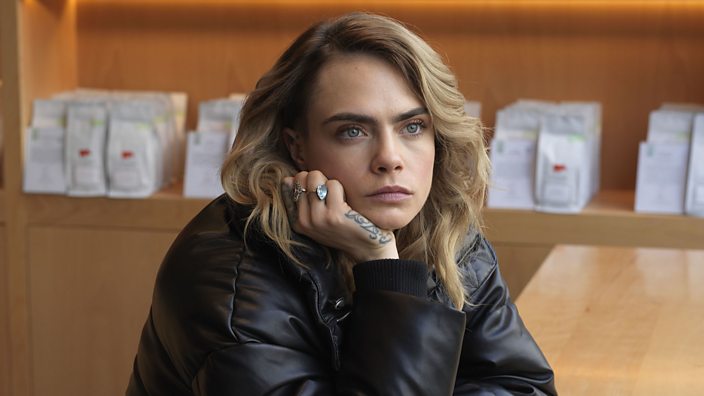
‘Queer felt fluid and free’
In defining her own sexuality, the supermodel settles on the term ‘queer’. “I kind of started as bisexual, and then I was pansexual.” Though she felt like a member of the LGBTQ+ community, in relation to that initialism she says; “I felt like ‘I don’t know what letter I am!”
LGBTQ+ charity Stonewall defines queer as “a term used by those wanting to reject specific labels of romantic orientation, sexual orientation and/or gender identity.” In Planet Sex, meanwhile, the self-defined "queer, black, androgynous intersectional feminist" Dr Ronx Ikharia offers a shorter definition: “For me, it’s anybody who is not heterosexual.”
Asked why she identifies with the term, Cara says: “Queer felt fluid and free. It didn't put too much pressure on anything I was deciding to be.”
In the documentary, she adds: “Sexuality is definitely a spectrum, and I feel like mine wavers, but I’m definitely more on the side of women. I like having sex with men, I just don’t date them.”
Growing up in the 1990s and 2000s, Cara was not aware of the term queer, and therefore struggled coming to terms with her own sexuality. One of the first times she heard non-heterosexual relationships existed was in a negative context. She describes an authority figure from her schooldays “who spoke about how being gay wasn’t right. I was like, ‘What do you mean same-sex relationship?’ I didn’t really understand.”
Messages such as these led the supermodel to internalise these negative sentiments, delaying the time until she felt comfortable to be open about her sexuality. “What stopped me from coming out,” she says, “was the shame I put on myself.”
This meant she only visited her first Pride while filming the show. Now, she wants to experience her first Pride in the UK: “To be in my own city and go back to the place where the shame started and be able to be open is something I am really looking forward to.”
The documentary also sees Cara meet LGBTQ+ people from all over the world. People like The Darvish, a Syrian refugee, activist and Berlin performance artist who identifies as queer, and Kodo Nishimura, a member of the LGBTQ+ community and make-up artist who is also a Buddhist monk.
She also met with people who are challenging traditional ideas of gender. Cara gets put into male drag by trans man drag queen GottMik, and meets intersex activist River Gallo.
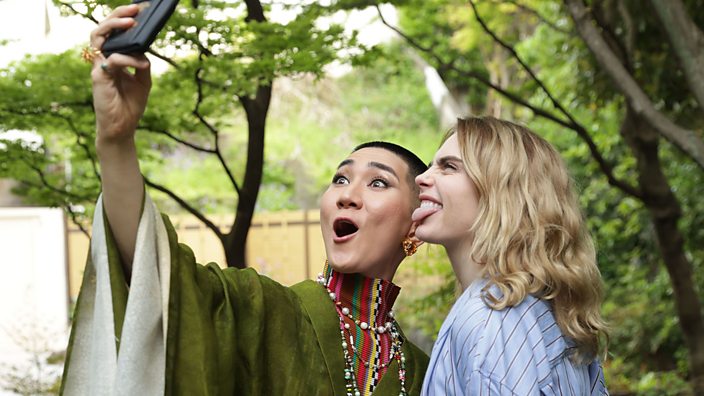
‘I’m definitely genderfluid’
The experience allowed Cara greater clarity over her own gender identity. We see the model sharing memories of questioning her gender as a child. She shares an anecdote about dressing up as a boy to gauge people’s reactions, only to become annoyed when they thought she was male.
At the end of episode four, she says of her gender identity, “I am a ‘she’ right now. But I also like dressing up as a man and being a ‘he’. You don’t have to put so much pressure on yourself about what you are, who you are. Whether it’s masculine and feminine, it’s just who I am.”
Discussing this moment, she says, “the constructs and binaries that are given are stupid. I’m proud to be a woman, but I don’t have to sit in a box.
“I’m definitely genderfluid. I love playing with what we’ve been given as those gender constructs. Being super femme, being super masc, mixing it all up in one big cauldron.”
She says filming the show gave her greater clarity over her gender identity. “Seeing how people like The Darvish have come through these journeys and have accepted themselves is a beautiful thing I really admired.”
Asked what she learned from these conversations, Cara says “I learned a lot about love. I think growing up, I didn’t really have an understanding of true, unconditional self love. The show really made me realise how much I hadn’t done that still.”
With the documentary, she says she hopes other young people watching get similar clarity over questions of sex, sexuality and gender they may have. “I want people to have the sort of conversations that are in the show. I think hate and fear comes from things that are not spoken about, or fears about questions.”
Originally published on 28 November 2022.



